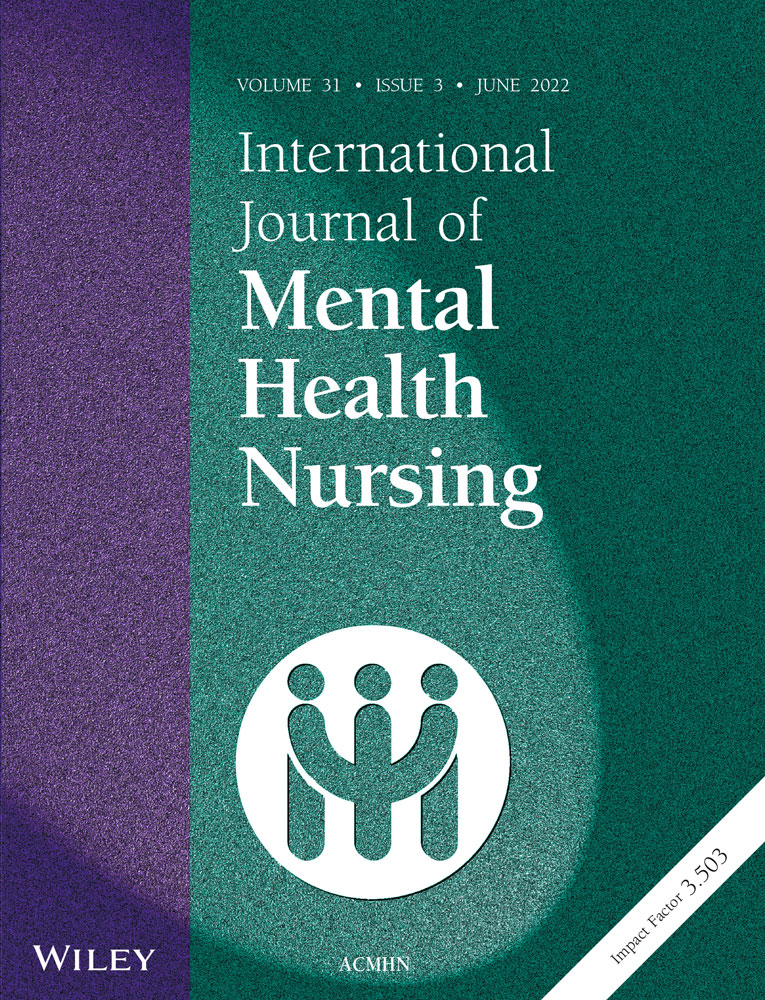Older residents' perceptions of loneliness in long-term care facilities: A qualitative study
Authorship statement: All authors meet the authorship criteria based on the latest guidelines of the International Committee of Medical Journal of Editors. The paper has been seen and approved by all authors. There is no conflict of interest that pertains to this research.
Abstract
Loneliness is a negative emotional feeling often experienced by older residents in long-term care facilities (LTCFs). Previous studies have shown that loneliness is related to depression, inferior quality of life, cardiovascular disease, and suicidal thoughts. Thus, it is important to understand older residents’ viewpoints about loneliness to provide better care in the long-term care context. This study aimed to explore residents’ perceptions of loneliness in LTCFs. For this qualitative research, data were collected from two LTCFs in northern Taiwan, and purposive sampling was used. In-depth interviews with 16 older residents were conducted using a semi-structured interview guide. Content analysis was performed to analyse the data. Four themes with nine subthemes were generated. The themes were: being cut off from continually meaningful relationships, experiencing tears of pain, feeling alone, and lacking a sense of belonging. The findings of this study can provide information for health care professionals to better understand older residents’ views on loneliness and remind them to re-examine care protocols for psychological health care. Thus, this study found that in order to prevent or alleviate older residents’ feelings of loneliness, the LTCFs should maintain continually meaningful relationships, accompany them, and give them a sense of belonging. The consolidated criteria for reporting qualitative research (COREQ) guidelines were used to report this study.




